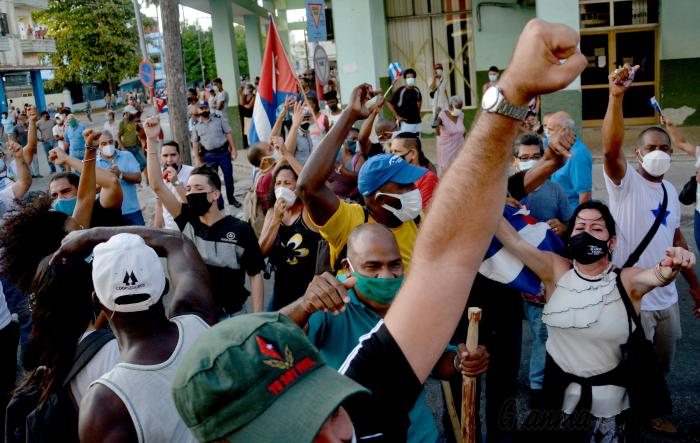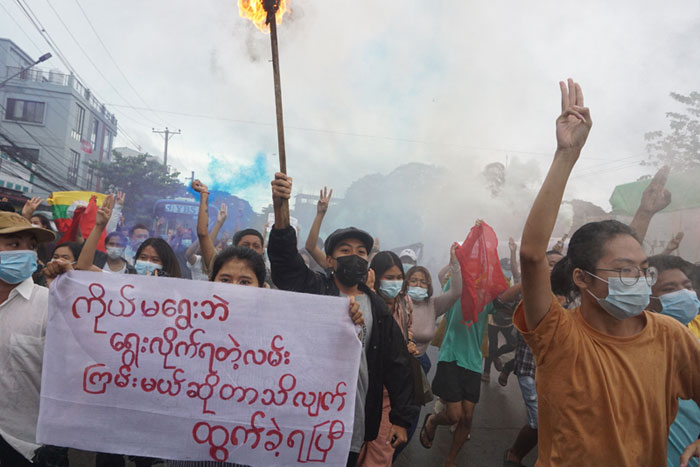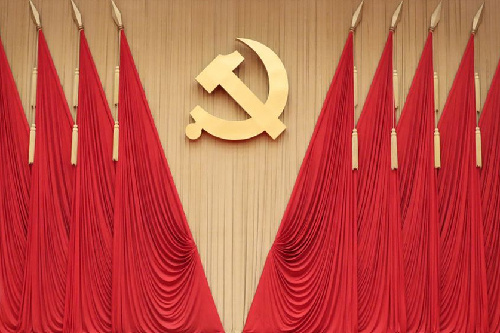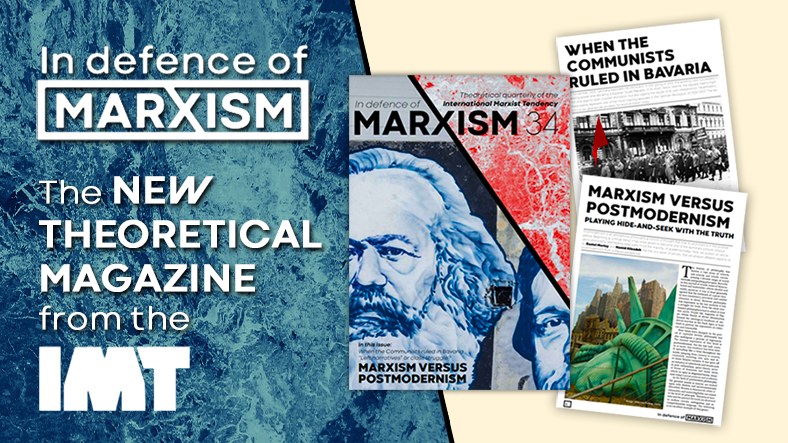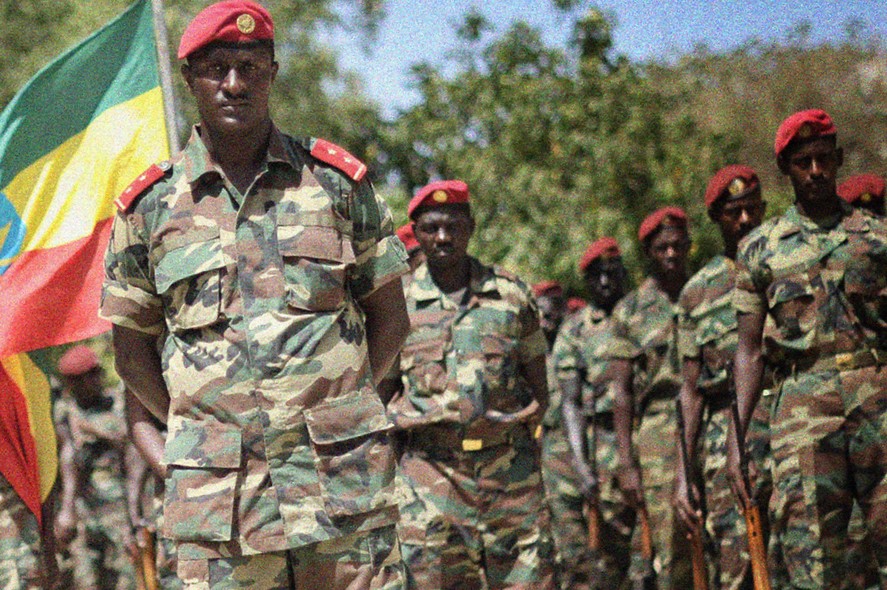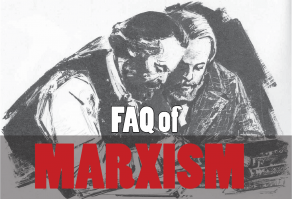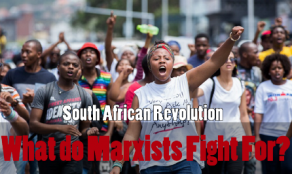Protests in Cuba: defend the revolution!
The situation in Cuba is serious. On Sunday 11 July, there were protests in various towns and cities in Cuba that have enjoyed widespread coverage in the international media (how could it be otherwise?) Where do these protests come from? What is their character? How should we, as revolutionaries, respond?

